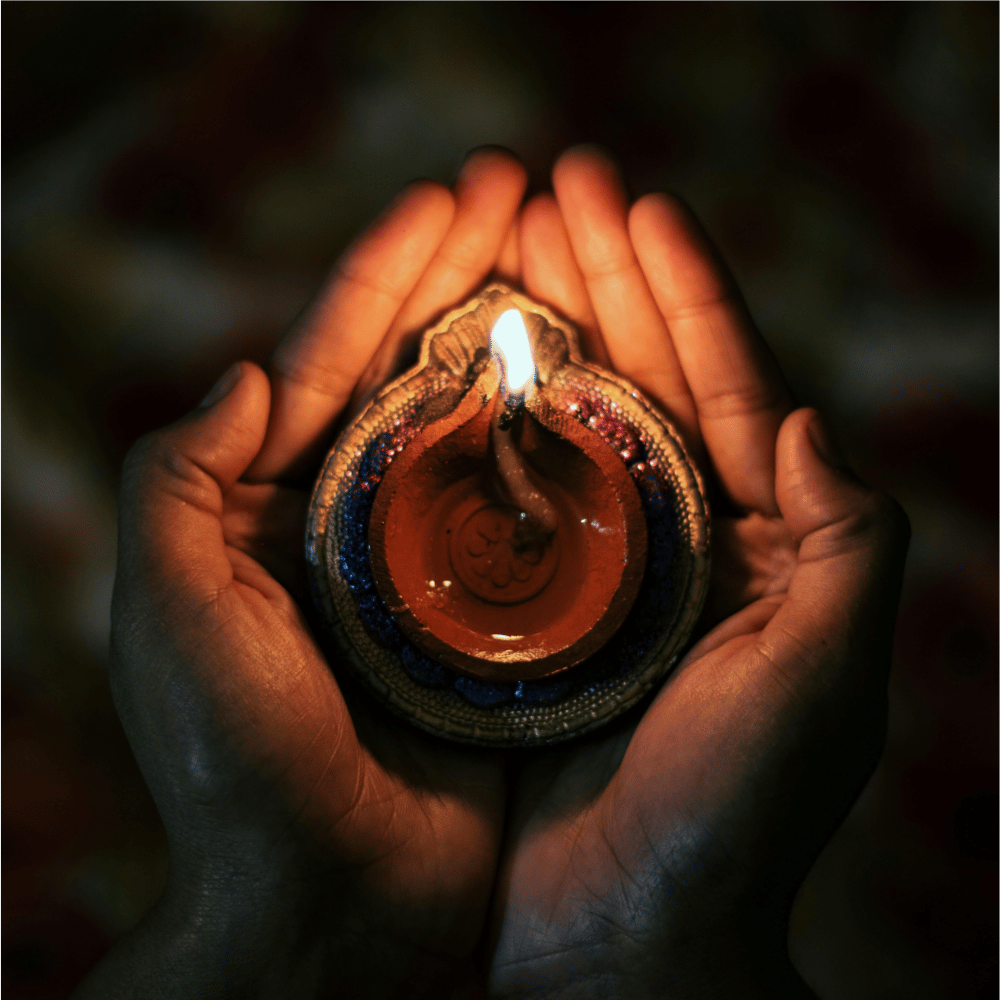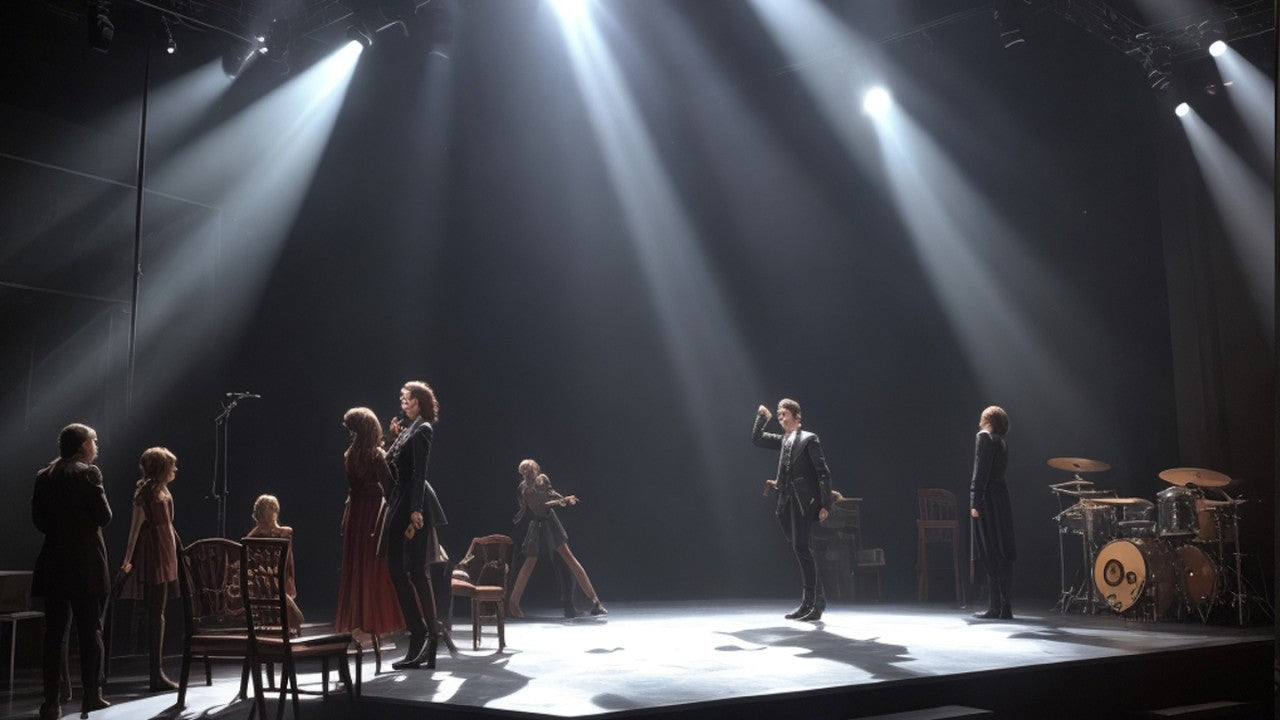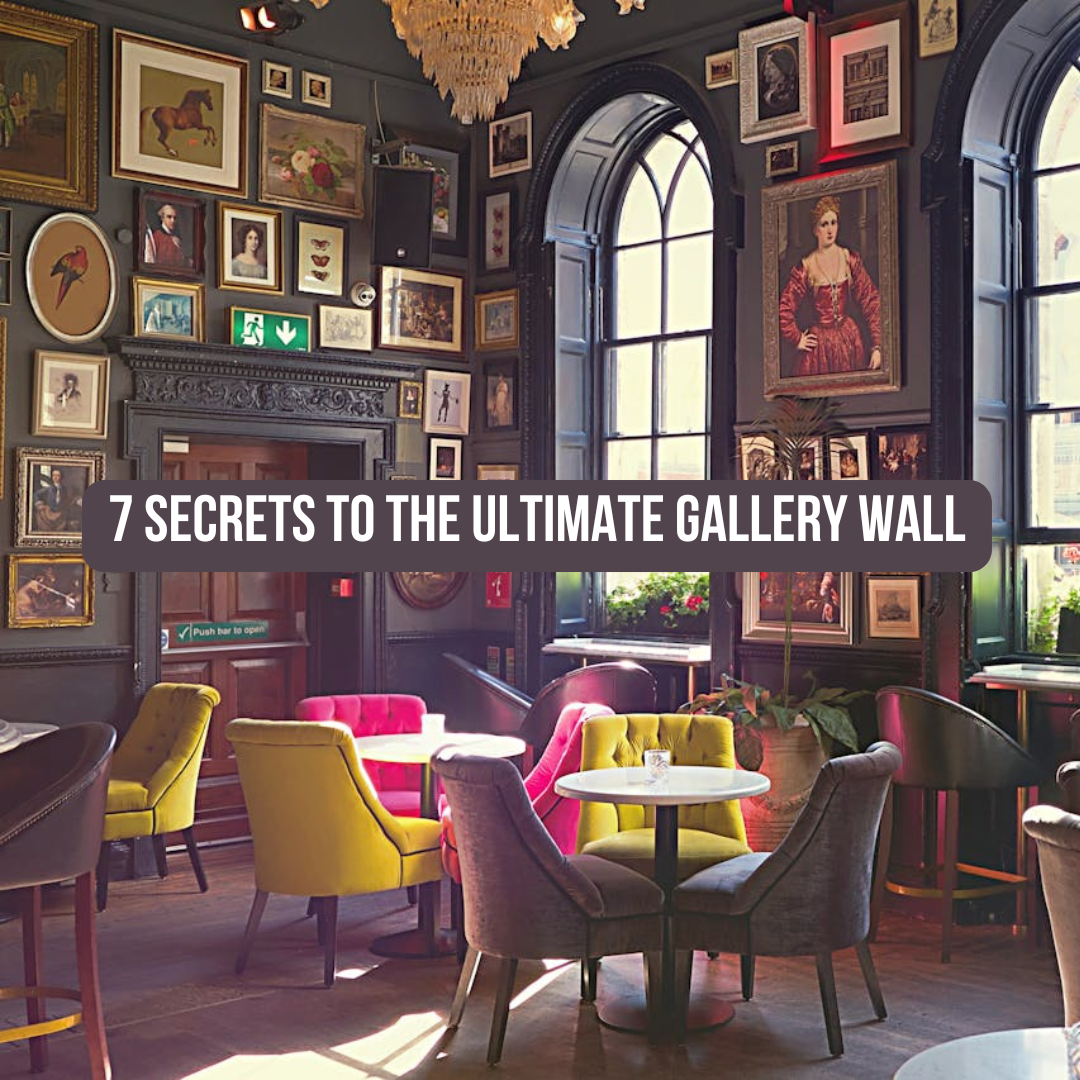
Lighting Through the Ages: A Journey from Candles to LED's
Lighting has evolved dramatically over the centuries. From the days of the cave men and women it has shaped how we live, work, and interact with our environments. The flickering flames of ancient oil lamps were the first big technological breakthrough in lighting. And that has led us to the high-tech brilliance of modern LEDs. With each era of lighting telling a story of innovation and adaptation. Today we will explore the fascinating history of lighting, highlight some modern advancements, and share resources for diving deeper into what's actually a pretty cool subject.
The Early Days: Firelight and Oil Lamps
Before the invention of electricity, fire was humanity’s primary light source. Torches, candles, and oil lamps provided limited but essential lighting for homes. These early light sources:
- Relied on natural materials like animal fat, beeswax, and plant oils.
- Served as both functional tools and symbolic objects in rituals and ceremonies.
Related Resource: History of Light
For a detailed exploration of early lighting methods, the Wikipedia page on the history of light provides excellent background information.
The Gaslight Era
In the 19th century, gas lighting revolutionized urban areas. Streets, theaters, and homes were lit up by networks of gas lamps, offering brighter and more consistent lighting than candles or oil lamps.
Gaslight:
- Was a hallmark of industrial progress.
- Inspired cityscapes that extended activity into the night.
- But it had limitations, such as the risk of explosions and pollution.
The Electric Revolution
The invention of the incandescent light bulb in the late 19th century changed everything. Pioneers like Thomas Edison and Nikola Tesla played pivotal roles in bringing electric lighting to the masses. Key advantages included:
- Greater safety compared to open flames.
- Longer-lasting and more efficient light sources.
- The rise of centralized power systems to support widespread use.
Modern Marvels: LED Lighting
Today, LED (light-emitting diode) technology dominates the lighting landscape. LEDs are:
- Highly energy-efficient, reducing electricity consumption.
- Long-lasting, with lifespans far exceeding traditional bulbs.
- Versatile, offering a wide range of colors, intensities, and applications.
Why Lighting Matters in Design
Lighting today is more than just illumination; it’s a crucial element of design. Effective lighting:
- Enhances mood and productivity.
- Highlights architectural features and decor.
- Sets the tone for different spaces, from cozy to vibrant.
- But really, lighting creates a feeling!
Lighting is so essential in creating an atmosphere and a mood today that there are all types of specialists in the art of lighting. From restaurant lighting specialists who do nothing but help restaurants ensure that are making their customers feel special, to theme park and dramatic lighting experts who understand that lighting can create a sense of place. Lighting is essential for way more than just the functional aspect it provides.
Dive Deeper into Lighting History
If you’re as fascinated by lighting as we are, check out the comprehensive Wikipedia entry on the History of Light that we gave above. It’s a treasure trove of information, covering everything from ancient firelight to cutting-edge technologies.
Lighting has come a long way, but its importance remains unchanged. Whether you’re illuminating a room or exploring the history of innovation, the story of light continues to shine bright.



